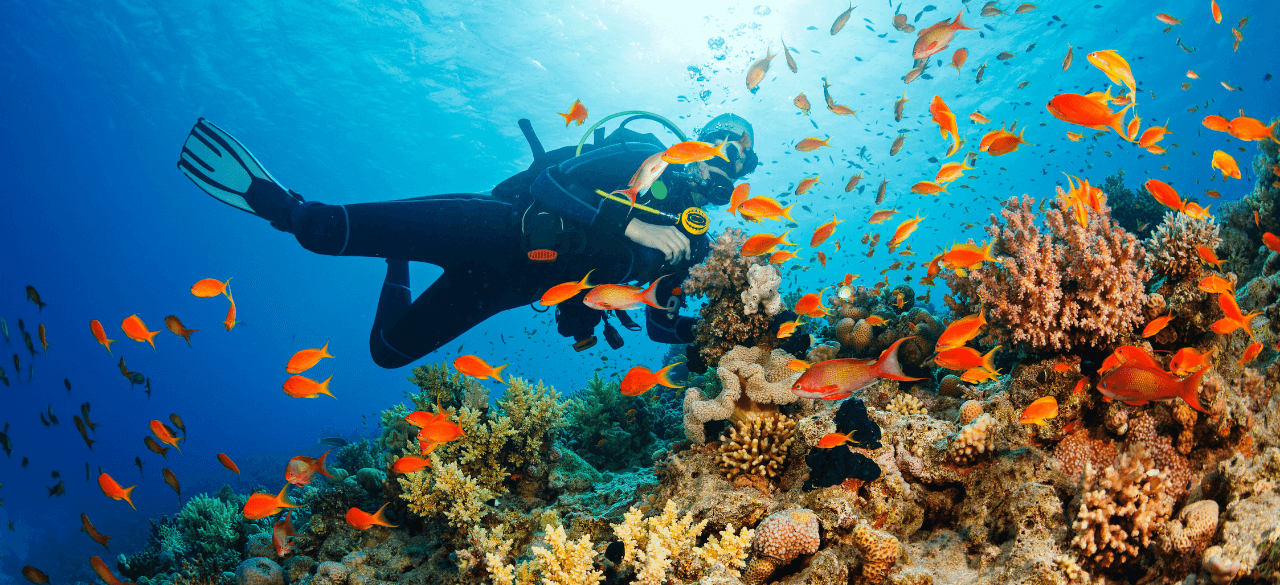

Adventure Activities and Adventure Sports Travel Insurance – Your Top Choices
22 May 2019 by Olga Brighton
You might think that most peoples’ idea of a perfect holiday is relaxing on a beach, or by a pool and doing absolutely nothing more strenuous than lifting an ice-cool drink, or meandering to the nearest restaurant for a leisurely meal. In many cases you would be right. But you might be surprised at the ever increasing number of travellers who want more from their precious holiday time. Over the years we’ve noticed a steady increase in customers getting more adventurous with activities and sports on their holidays.
So which do you think are the top 3 sports and adventure activities that we are asked to cover with travel insurance?
Adventure activities

Your top adventure activities that we consistently get calls about are hiking, trekking and scuba diving. Whether it’s Machu Picchu, Grand Randonee 20 (GR20), or the limestone towers of Italy’s Dolomites, you just love exploring. And that includes below the water level too. Your Scuba Diving favourites are Chios Island, Greece and Croatia.
You also love the thrill of windsurfing and the exhilaration of a bungee jump. Hot air ballooning remains a firm favourite with those who prefer a more leisurely pace while taking in a spectacular view like the Arizona Desert, or Angkor Wat, Cambodia.
Adventure sports activities
The top sports activities that you love to travel for are cycling, sailing and perhaps surprisingly, a whole range of martial arts training. A great number of you also love golf and horse riding.
We love to receive these calls, not only as we get to hear about your planned travel adventures, but because it means that you’re ahead of the game and already thinking about your trip safety and security and whether your travel insurance covers you for these adventure activities.
When do you need adventure sports travel insurance?

If you, or any of your friends and family are planning any sporting, or adventure activity, or hazardous pursuit on your next trip you should always read beyond the headlines of your travel insurance policy to check you are covered for any injury or accident whilst participating in your chosen activity.
You are more likely to have an accident or get injured while partaking in an adventure activity and certainly won’t want the added stress and headache of a large medical expenses bill if you find out too late that you’re not covered.
Read also: Pitfalls of Travel Insurance
Many travel insurance policies only include a few adventure sports and activities as standard so it’s important to check the list of accepted activities before you rush to buy the cheapest policy.
Globelink covers all your favourites listed above and over 100 other activities for free under Category 1 and Category 2 of our adventure activities lists. Top favourite like hiking, trekking, scuba diving, bungee-jumping, zip-lining, surfing, sailing, abseiling, swimming, skate boarding and more.
If you are thinking of trying something a bit more risky, such as cave diving, parachuting, high diving, ice hockey, or American football, you will probably have to pay an additional premium to get this activity covered. It’s well worth it if you think of what might happen.
How do you know if your chosen adventure activity is covered?

It’s simple! Check that your exact activity is covered by reviewing your chosen travel providers small print. If in doubt, give them a call to check before you buy. Globelink offers additional cover options for Category 3 and Category 4 risk activities for those who love an adrenaline rush.
Make sure everything you plan to do is on the agreed Travel Insurance activities list and that you comply with any terms – like being supervised by a qualified licenced instructor or operator and following all organisers terms and conditions. This could be crucial if you have an accident. Also check any maximum altitudes that may apply to trekking, climbing and hiking.
Whatever you chose to do, stay secure by following the safety procedures, wear all the appropriate protective equipment and follow instructions of the experts. Before you book any destination, check FCO’s travel advice to help you chose your location wisely.
We accept

.png)